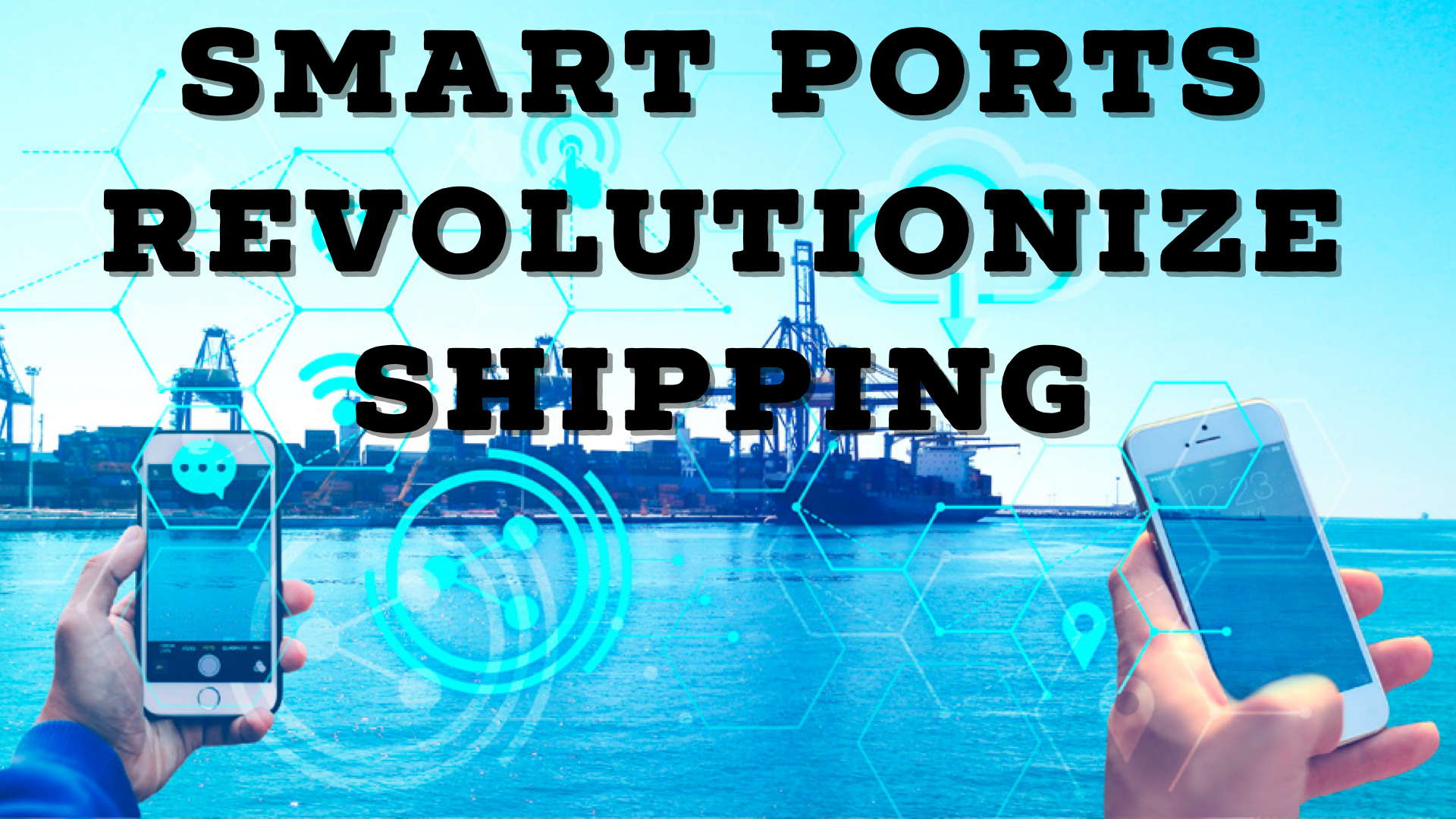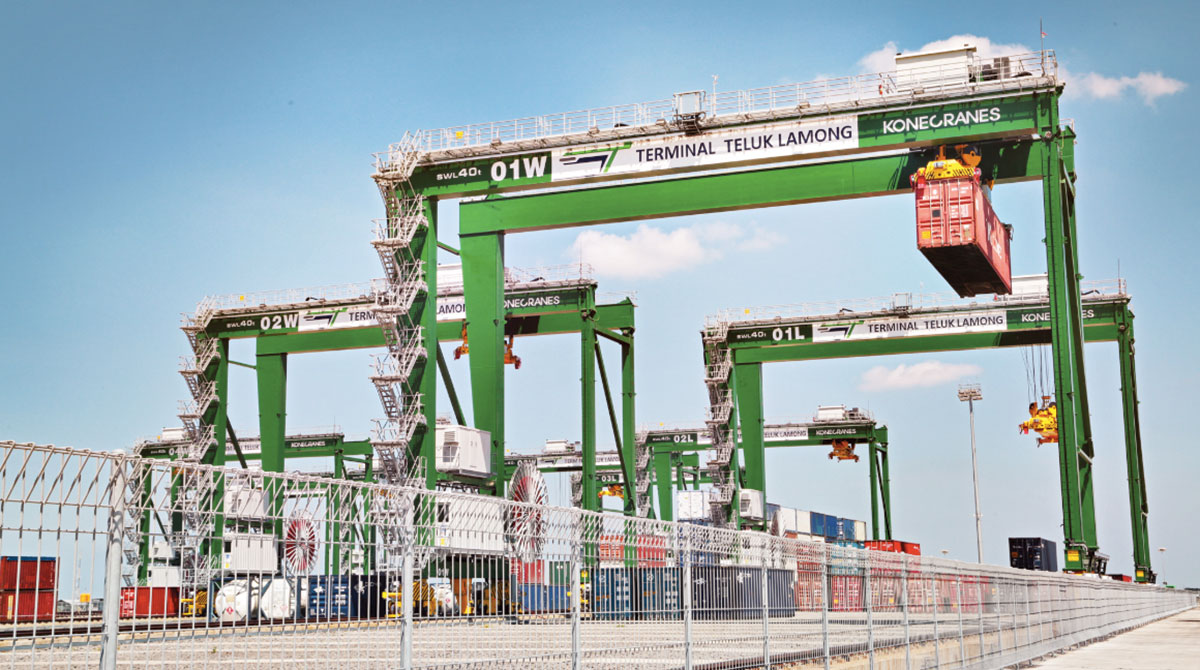Smart Ports Revolutionizing Shipping
1 March, 2021 | Industrial, Industrial Manufacturing, Industrial Engineering, Smart Port, Shipping


Smart ports are revolutionizing the shipping and industrial sectors with high-tech engineering
Most people don’t associate the marine shipping industry with technology. After all, it is far less technical in nature than aviation and other forms of transportation. While the marine logistics sector did rely on analog technology and radio for many decades, things are starting to change.
Today’s companies understand that tech-based approaches lead to increased productivity, decreased costs, and more efficient operations. This is on full display with the rise of smart ports.
Logistics companies around the world are outfitting existing ports (and building new ones) with “smart” technologies like blockchain, artificial intelligence (AI), Internet of Things (IoT), and Big Data. These solutions automate certain parts of the port’s operations and help increase its overall efficiency. This allows smart ports to handle far more volume than a port that isn’t using connected technology.

What is a Smart Port?
In the past, building a port in a strategic location was enough to attract ships from all around the world. Today, that is no longer true. Although a port’s geographic location is important, many other factors play a part in whether or not companies choose to operate there.
For instance, if a port is known for its slow turnaround times and unsecure operations, companies won’t send their ships there. By contrast, if a port uses technology to make stops more efficient and secures its operations with digital tools it becomes a far more attractive location.
Smart ports can take many forms. However, they all have one thing in common. In order for a port to be “smart,” it needs to utilize modern technology to solve real-world problems and improve its operations.
As noted, the technology being used can include things like AI, IoT, Big Data, as well as cameras, sensors, and automated monitoring. The key is that all of these pieces work together to help the port run more effectively and efficiently.

How Do Smart Ports Address Today’s Challenges?
In every industry, technology presents a way to address real-world challenges in a way that may not have been possible in years past. That is certainly true for the marine logistics sector and the ports that are involved.
One of the biggest challenges facing the industry today is the growing size of ships. Whether it’s a cargo ship the length of four football fields, a cruise ship that’s over a thousand feet long, or a freighter that can carry 300,000 tons of cargo, ports need to adapt to ships of this magnitude.
Of course, doing so won’t be easy. It will require huge investments of time, money, and manpower to make the necessary changes. Technology plays a role in two ways. First, tech-based solutions within a smart port make it easier to adapt as time goes on. Second, smart ports are more efficient than their non-smart counterparts. This allows them to process more ships in less time, which helps make room for larger vessels.
On top of this, smart solutions can help ports manage their security more effectively. Since ports often house large amounts of oil, chemicals, and other valuable goods, they are a target for criminal and terrorist activity. Ports are also used as hubs for drug smuggling and human trafficking. Technology can help address these concerns and makes smart ports safer and more secure.
While port authorities are already in the process of upgrading their infrastructure, there is no better time to start integrating smart solutions.
How Do Smart Ports Affect Industrial Engineering?
Smart solutions aren’t just affecting the marine logistics sector. The world of industrial engineering is also riding a wave of smart integrations as technology becomes more important in production lines and manufacturing facilities.
As smart ports become more popular, there will be countless new jobs in the industrial engineering space. Moreover, as the need for smart port solutions skyrockets, companies and startups will be able to tap into the multi-billion-dollar industry with their latest inventions.
In the coming years, expect more ports to start adopting connected technologies as a way to futureproof and streamline their operations.










